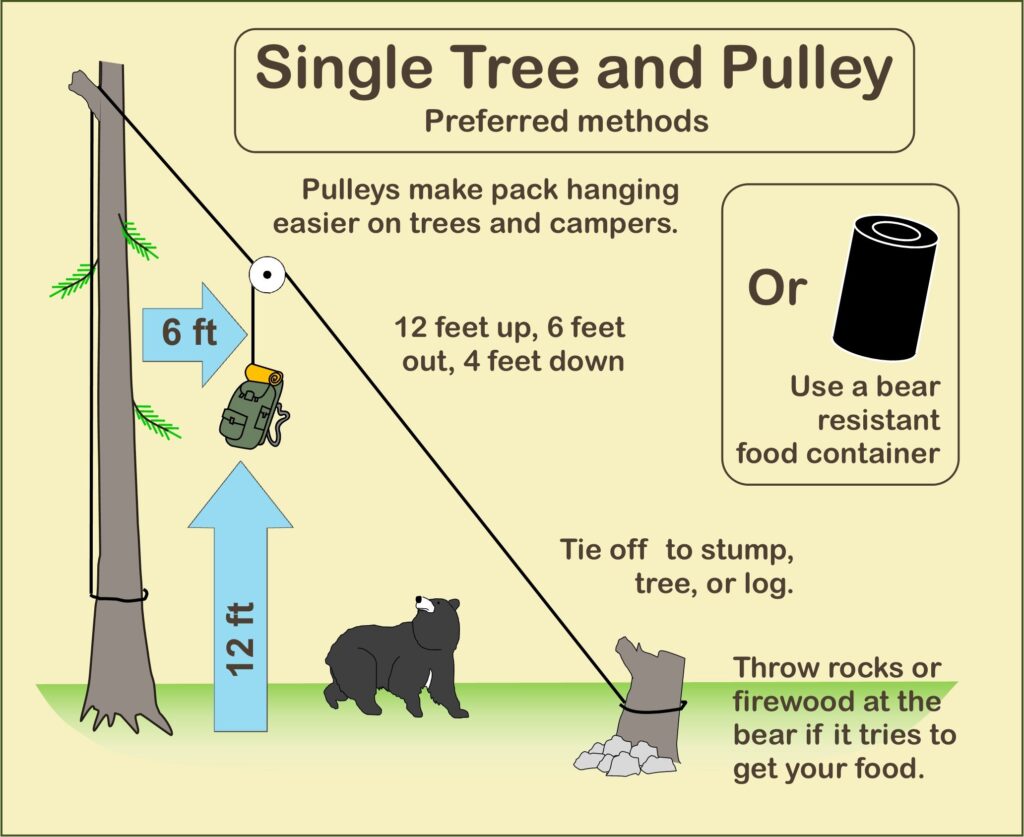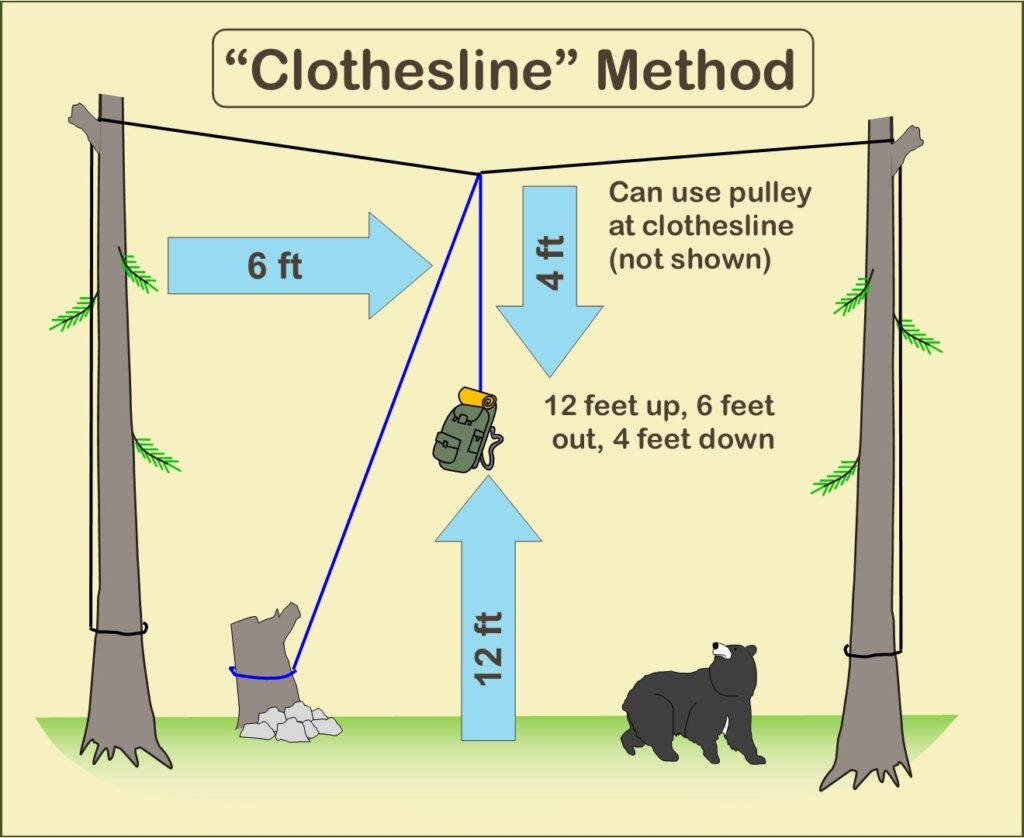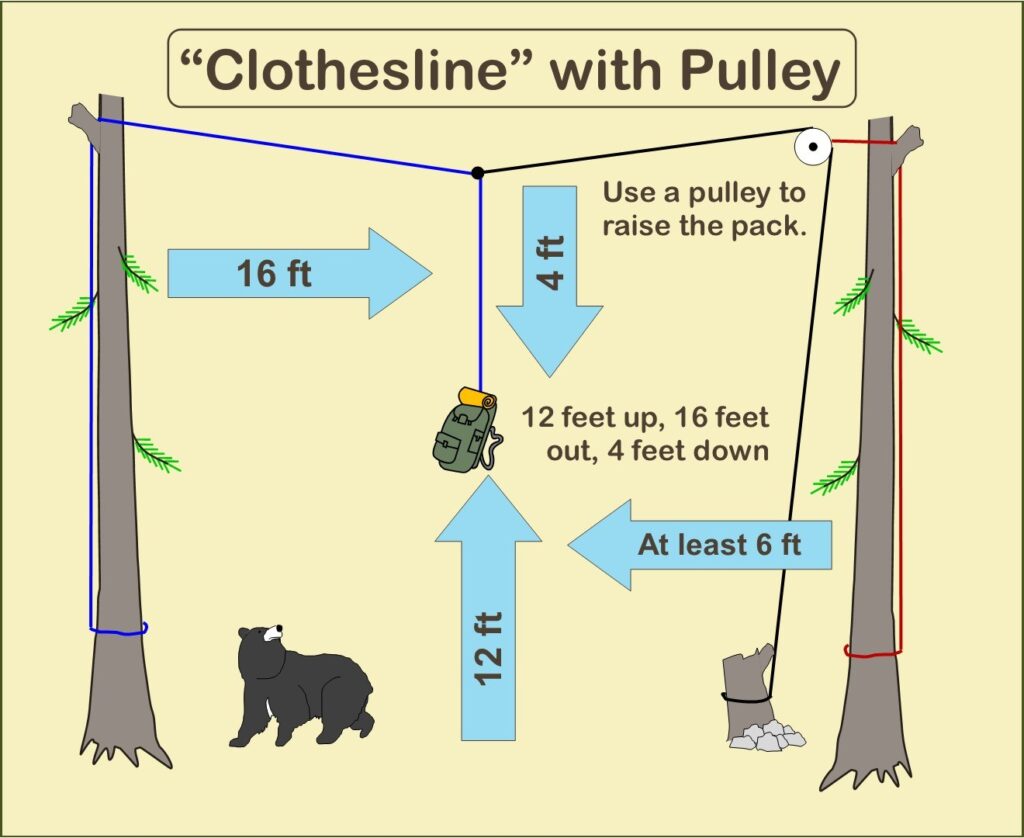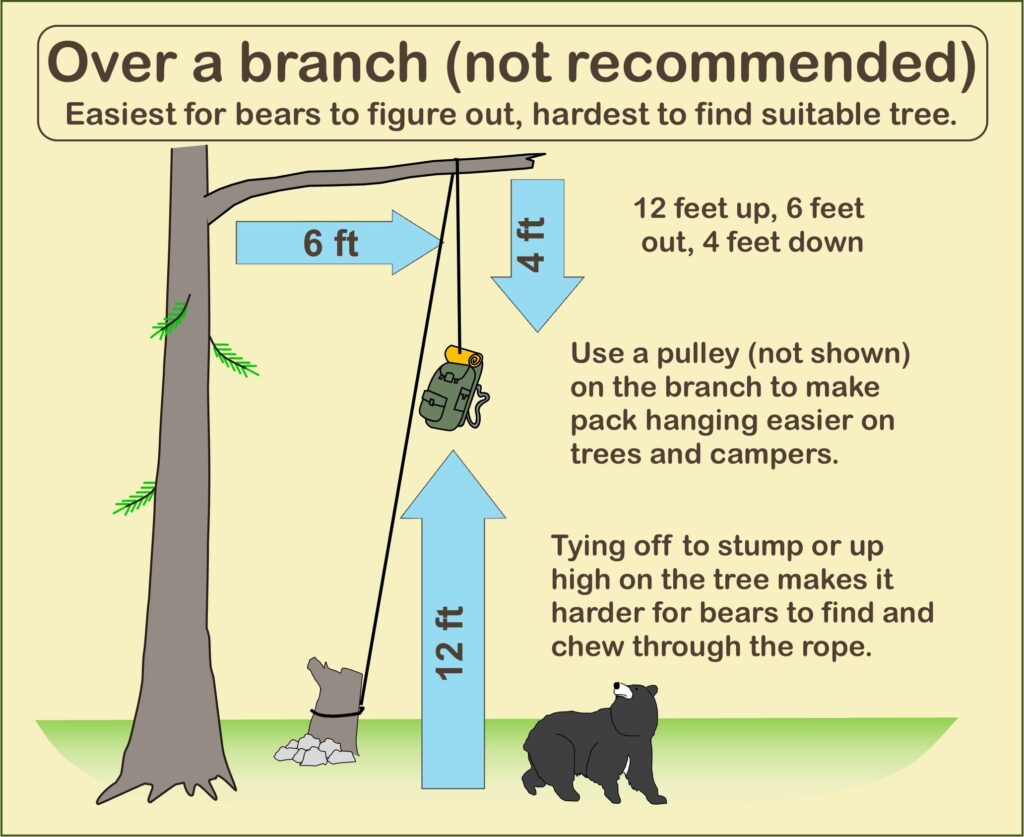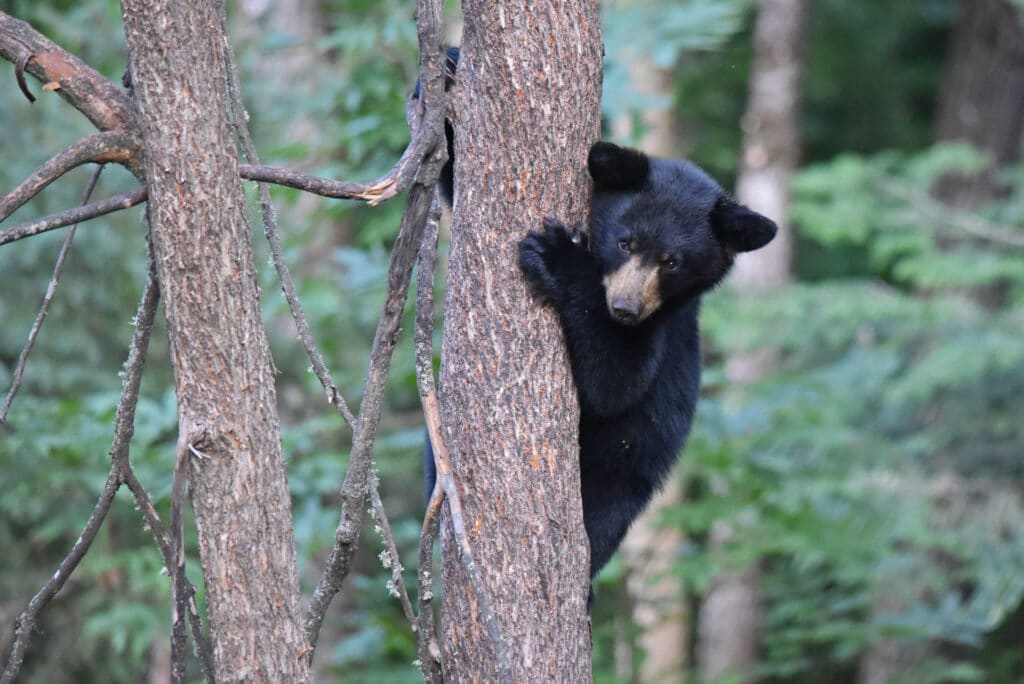
Numerous encounters between Boundary Waters visitors and the black bears who live there have led the U.S. Forest Service to close some campsites where bears have become accustomed to finding food, and urging visitors to be “Bear Aware.”
Several conservation officers with the Minnesota Department of Natural Resources recently reported that numerous visitors have told them bears were being a nuisance in the wilderness.
Two weeks ago, the Forest Service announced it was temporarily closing five campsites on Alpine Lake, WTIP reported. The agency said “a number of negative human/bear interactions” had occurred since mid-June. They also said there had been problems reported on nearby Red Rock and Seagull lakes.
“Bears who learn that campers and campground garbage containers are food sources may become nuisance animals which need to be removed for public safety,” the Superior National Forest says. This week, the federal agency release a statement asking Boundary Waters visitors to follow guidelines to prevent bear problems.
“There are several things that people can do to reduce the potential for unwanted bear encounters like the recent instances reported across the Forest,” the statement said.
The advice mostly boils down to keeping a clean campsite. Food, toiletries, and waste should be hung out of reach or stored in a bear-proof container when not in use.
Four methods for hanging a food pack out of reach of black bears. (Courtesy U.S. Forest Service)
Visitors should also wash dishes and dispose of fish remains at least 200 feet from campsites.
Bears have a powerful sense of smell, and may find “anything with a strong or sweet odor attractive,” including toothpaste, lip balm, scented personal products, sunscreen, and clothing with food odor. Bears can smell food wrappers inside a tent, and swim to islands where they might find a free meal.
By safely storing food and other items and following Bear Aware practices, campers can protect themselves, future visitors, and the bears who make their homes in the wilderness.
MORE INFORMATION:
Superior National Forest Urges Visitors to be Bear Aware


